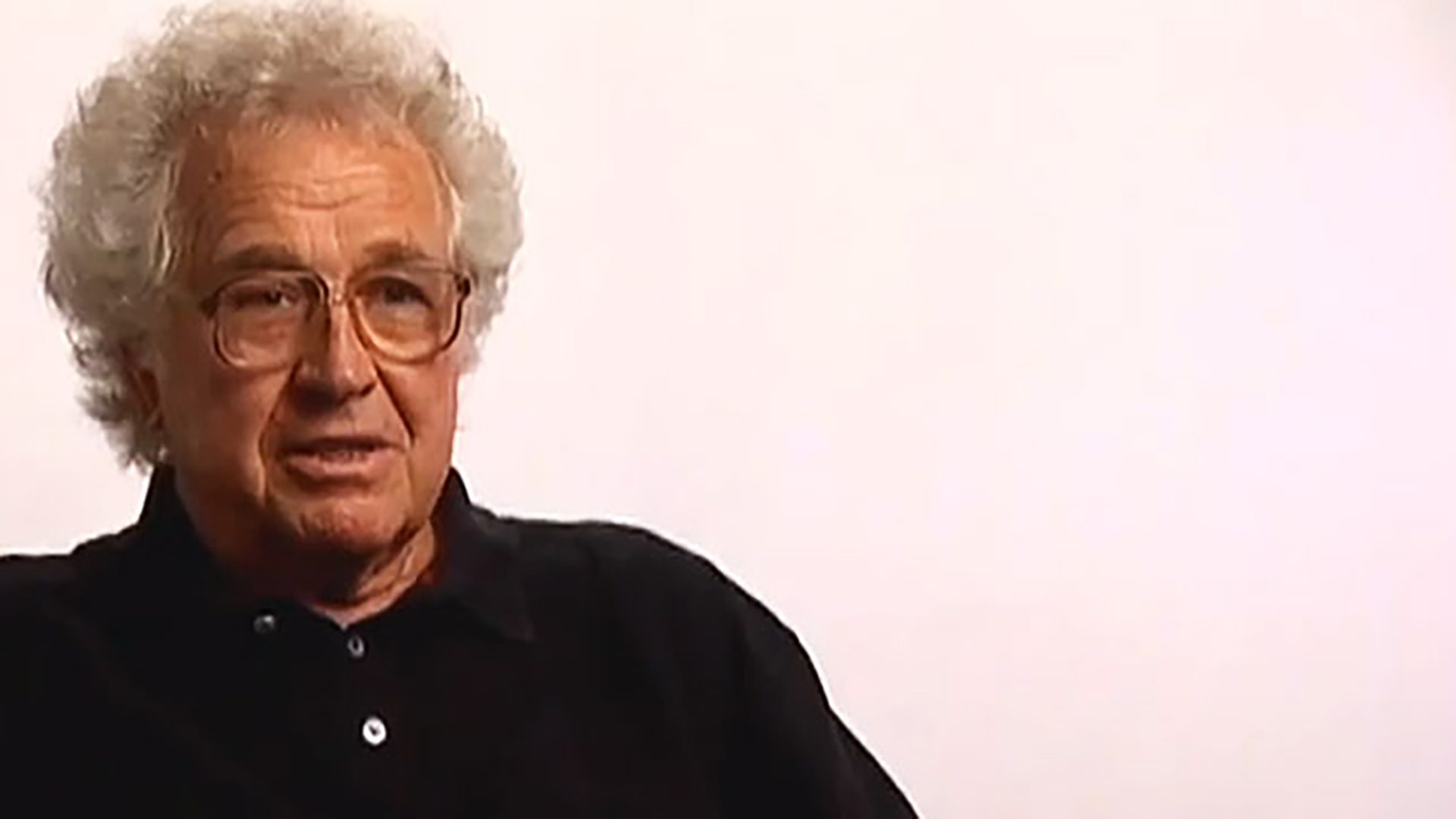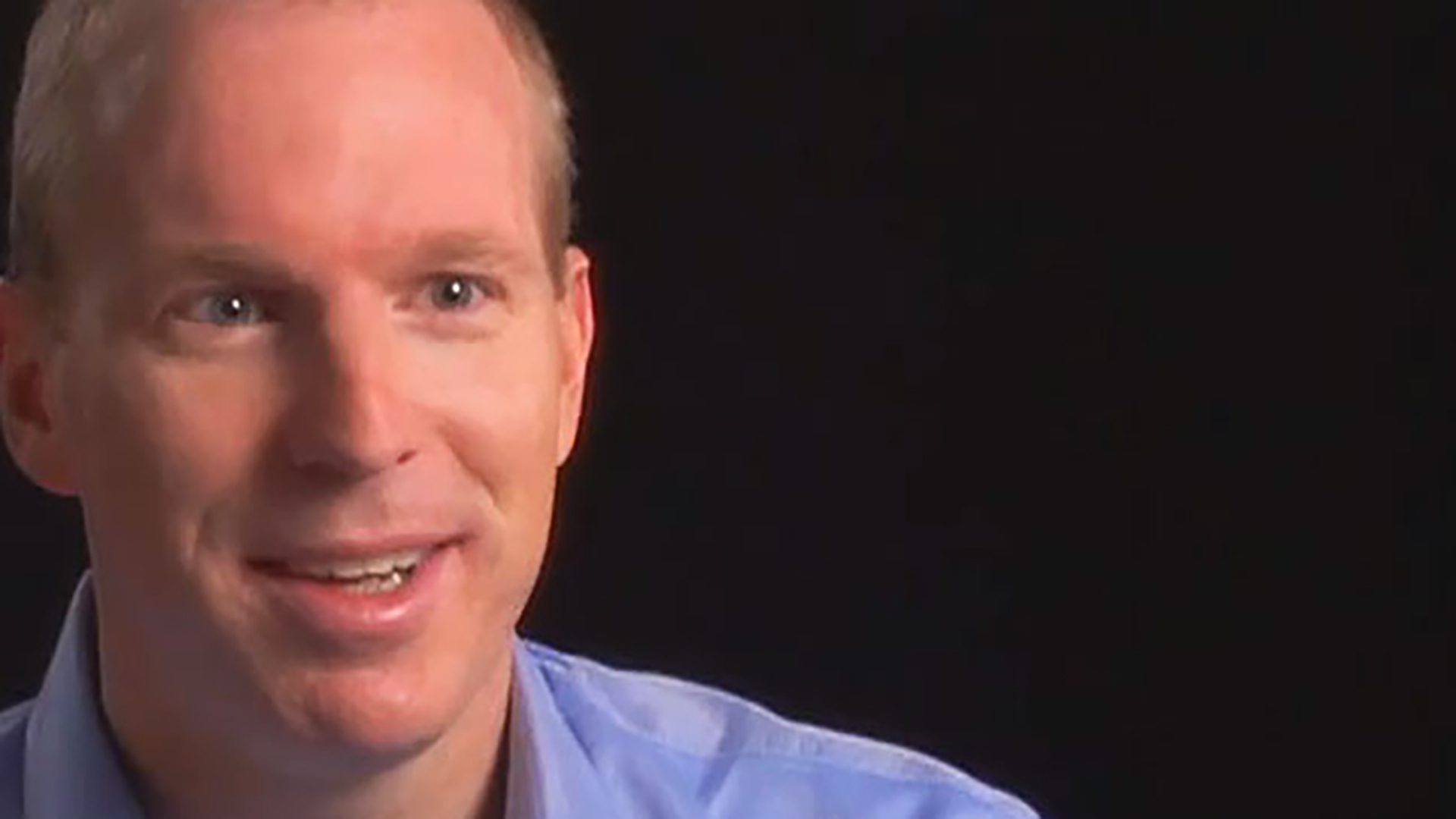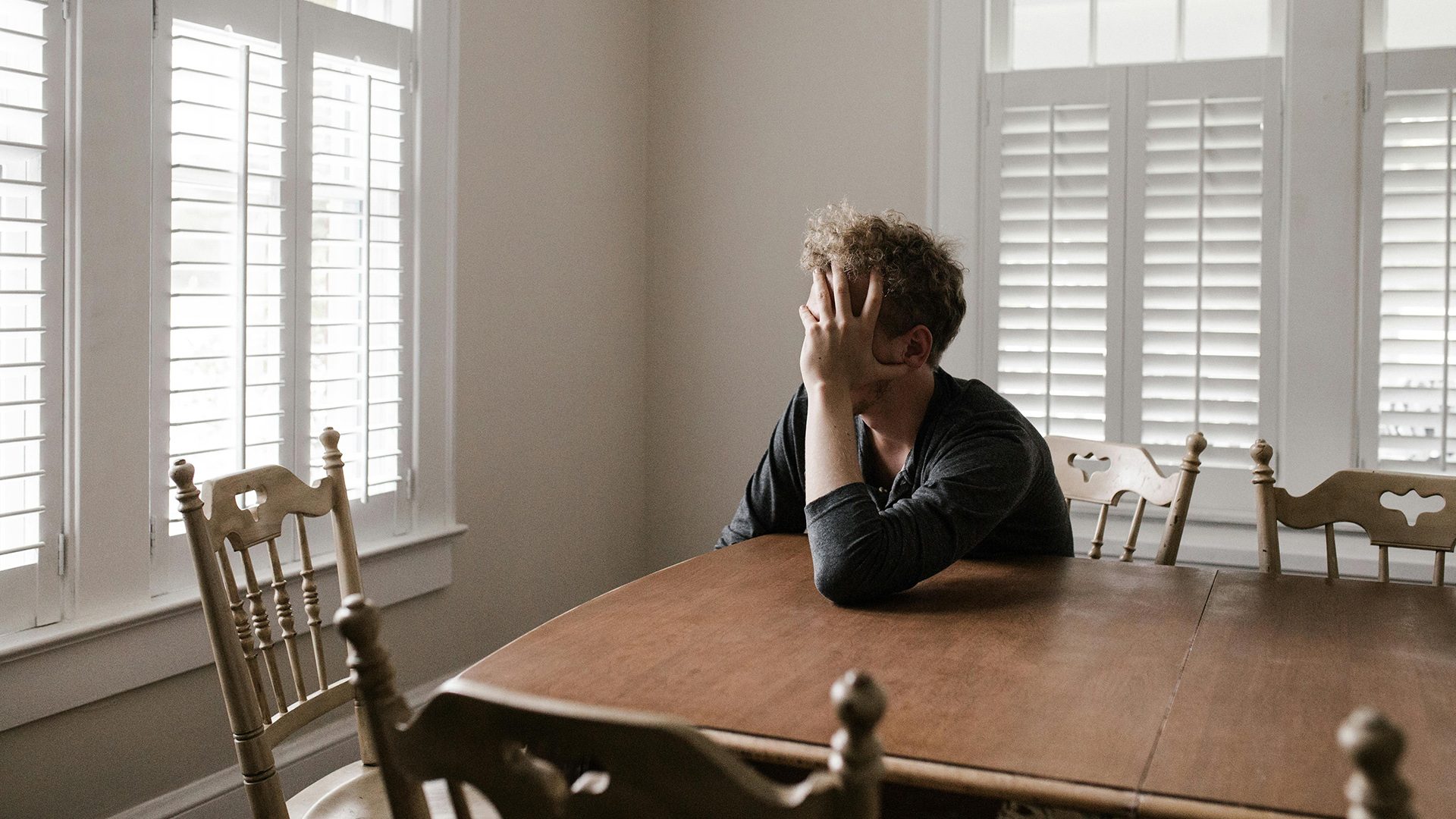Survivor Interview – Charles F.
Charles is a survivor of prostate cancer and colon cancer. He talks about exercising to stay healthy, sexual dysfunction, and how he dealt with getting a second cancer.

I first became a cancer survivor in 1992, diagnosed with prostate cancer. My second cancer was five years later, diagnosed as colon cancer.
The trauma of the mind is probably worse than the surgery, because the big C word is kind of scary. But many years ago I climbed so many serious mountains and had so many problems in the mountains that, after a while, you develop a complex that says, “Well, gosh, what’s fear?” You know, it’s just mind over matter. And if you have faith, which I have, it’s a matter of saying, “Well, what is the greatest fear in the world? Dying? Well, I’m not afraid to die. So what’s in between? Nothing.”
After the prostate cancer, the big thing was walk, walk, walk, walk. They’re very worried about old people, you know. They get surgeries and they just sit down and die. I got all kinds of medals in the hospital for walking up and down the hall with my little bottle. When I got home, I would treadmill. So I’m really working hard on this walking, and all of a sudden I tore a tendon. I mean, I ruptured it completely. Well, I was the laughingstock of the world. Here’s a guy surviving cancer tearing up a tendon on the treadmills. They said, “We can’t operate on you; it’s too soon.” They put it in a cast, so the only result of that is a flat foot.
I’ve had to modify my diet with the colon cancer. All those good things that I love I had to discard because I need to keep a lot of fiber in my system with only half of a colon. You get used to it. It’s not a problem, believe me, when you compare it with the alternative. I look at it really as a blessing, because probably the things I gave up weren’t good for me anyway.
There are those certain things that happen to men when they have prostate cancer. I called Bob Dole, and I got all of his recommendations, and I threw them in the trash can. I gave a little speech one time, and I said, “I can do almost everything that I used to do except one. Guess what it is?” And some lady up in the back said, “I bet I know.” And she was right. If you’re young enough, there’s things can be done to correct it. If you’re old like me, it doesn’t matter You just say, “Gosh, that was fun years ago, you know, let’s forget it.”
If you’re a person who has not been physically active, no matter what your age, you’d better start, because that’s critically important to long life. I’m positive of that. Exercise means two or three things. One, your heart. It means doing things that are so physical that you’ve brought yourself to the point of having your heart rate at least up to 80 percent maximum, and maintaining it for a long, long, long time. You know, some people think, “Well, I broke a sweat, I’m tired, that’s it, I’ve had enough.” But that’s not enough. You have to work at it, and it hurts. The old song, “No pain, no gain,” well, that’s absolutely true, and it’s true all the way through life.
The second part of it is that you’ve got to do something physical in terms of strength. We have a complete set of old Nautilus in the double garage at home. My wife and I — she’s 81 — we both work out three times a week. Now, can I lift as much weight as I did 15 years ago or 10 years ago? No. But I’m still lifting weights, and I’m going to keep lifting weights because that’s critical. In fact, I want them to put some of those weights in my casket! You’ve just got to stay in shape. You’ve got to keep working at it and it’s got to be a mental thing, and you have to have a goal. You have to be focused on something. Do I want to live to be 100? Not necessarily. In fact, I don’t want to live past the point where there’s no quality of life.
That’s kind of an attitudinal thing you need to develop in life with a lot of things, whether it’s a decision you have to make in business or in terms of family-related things, whether it’s as serious as having cancer or whatever it is, but the key word is “attack.” Put a focus on what you’re trying to do, and go after it. Get the best help you can, but stay with it.
Survivorship means that I have another day to live and living it with purpose. I need to be focused on something, and I need to be sharing that with somebody. It matters that I have the personal satisfaction of knowing that I can share my testimony with other people, and maybe someone will get something out of it. You have to keep sharing with people and trying to give them hope. And even if you know that maybe there is in reality no hope; there is hope. There’s always hope.
If you have any suspect whatsoever of any kind of cancer or any kind of physical disease, it’s absolutely stupid for you not to share that with your doctor. You need to tell him everything that you can, because he’s there to help you. No matter what your position in life is and no matter how chagrined you are about going in and talking about something intimate, you’ve got to do it. I’ve told a lot of guys the same thing. Don’t procrastinate. It may cost you your life.
I’m Charles Fletcher, I’m 80 years old, and I am an 11-year cancer survivor.

